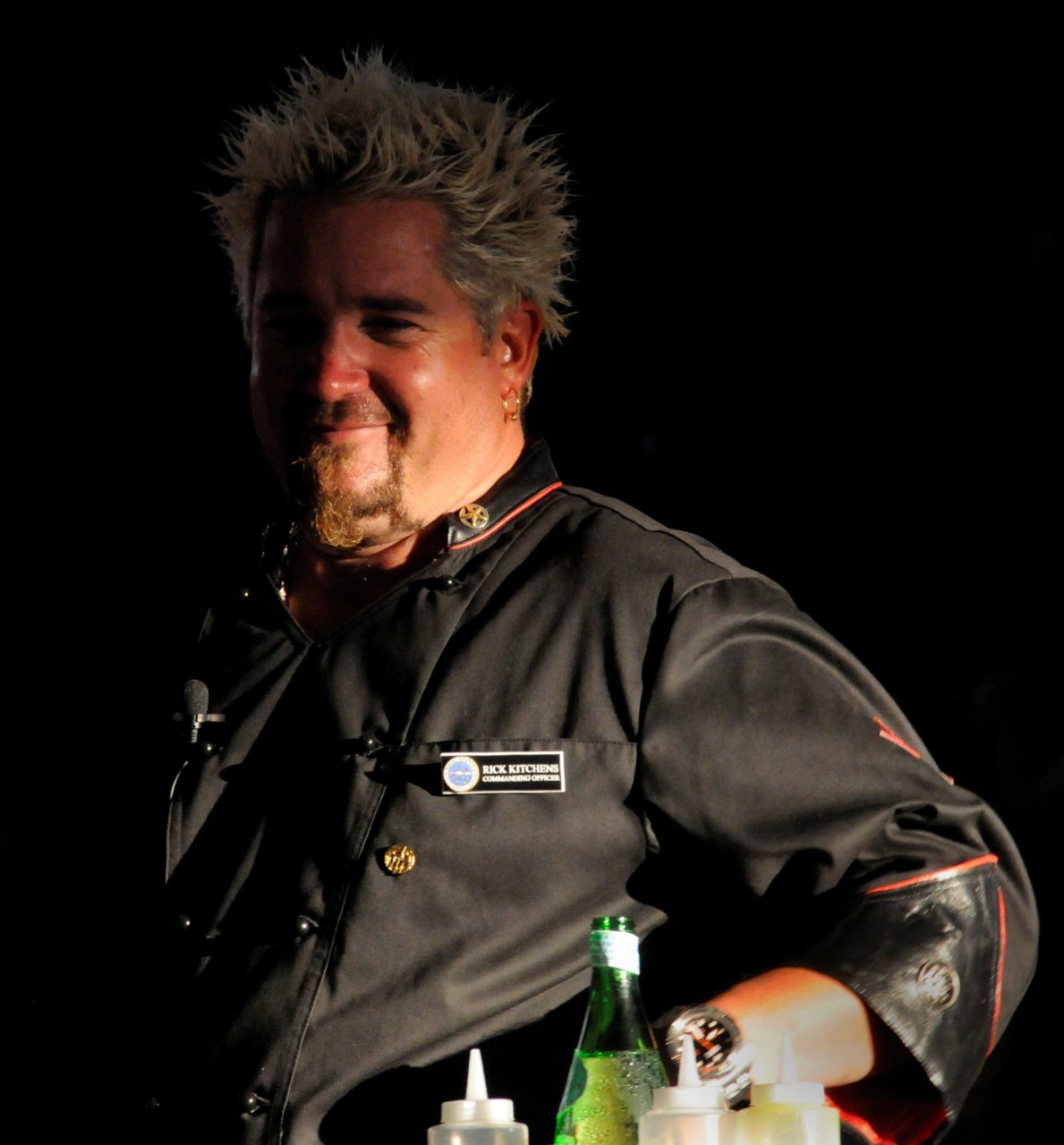
For most people in the restaurant industry, few things are quite as terrifying as seeing a food critic for a major media outlet at your door. Though most food critics are relatively forgiving, some are not. I ought to know, I’ve worked as a food critic in the past and have seen the inner workings of what a critic can do for a business.

Being a critic means you’re coasting on your reputation, and if you’re not willing to call out a bad restaurant, your rep can suffer. Some, though, go overboard with their critique game. It’s not unheard of for critics to bash popular restaurants or target well-known venues as a way to show that they’re legit.
If you’re a celebrity chef, food critics tend to be particularly harsh on you. Celebrity chefs are held to a higher standard because they make their money off their reputation for quality food. Translation: you should never use mass-produced, packaged foods to impress critics at your restaurant if you’re a celebrity chef.

Guy Fieri learned this the hard way in 2012 when a New York Times critic’s scathing review on his New York City restaurant went viral. The critic formed his entire critique in a serious of increasingly painful questions, including this scathing clip below:
“Were you struck by how very far from awesome the Awesome Pretzel Chicken Tenders are? If you hadn’t come up with the recipe yourself, would you ever guess that the shiny tissue of breading that exudes grease onto the plate contains either pretzels or smoked almonds? Did you discern any buttermilk or brine in the white meat, or did you think it tasted like chewy air?”
The review immediately struck a nerve in the foodie world, with many casual diners avoiding the venue at all costs. Fieri’s restaurant was rightfully skewered for using packaged goods and overly sugar ingredients.
Because of the celebrity status Fieri had, some visitors still dropped by. Even so, it wasn’t enough to make ends meet in his 500-seat Times Square restaurant. For months, the venue looked almost deserted, with its sprawling size making it all the worse to look at. Knowing what damage closing the restaurant would do to his brand, Fieri was desperate to save his restaurant from a critique-related shutdown.
Combatting a bad review, as it turns out, isn’t easy. Short of releasing a PR statement disputing the critique and explaining what was going on at the restaurant, Fieri couldn’t do much else. In fact, when a restaurant goes under fire for its food, overreacting can cause more damage than doing nothing at all.
Fieri’s review made its rounds, but eventually, mainstream readers forgot about it. This isn’t unusual, and is actually proof that not reacting to a bad review is often the best course of action. The restaurant continued to survive in its sprawling Times Square spot until 2017, when the price of rent exceeded the restaurant’s affordability.
Though the restaurant has come and gone, Guy Fieri’s gaffe serves as a cautionary tale to restaurateurs everywhere. A bad review can and will put your restaurant in jeopardy. Fieri had the ability to keep funding the restaurant because he is a celebrity chef. Most “mom and pop” places won’t have that kind of funding on hand.
When it comes to food critics, it’s clear that an ounce of prevention is absolutely worth a pound of cure. If you want to avoid Fieri’s mistakes, keep your focus on the food and you will be able to avoid having serious problems with the press, your income, and your reputation.